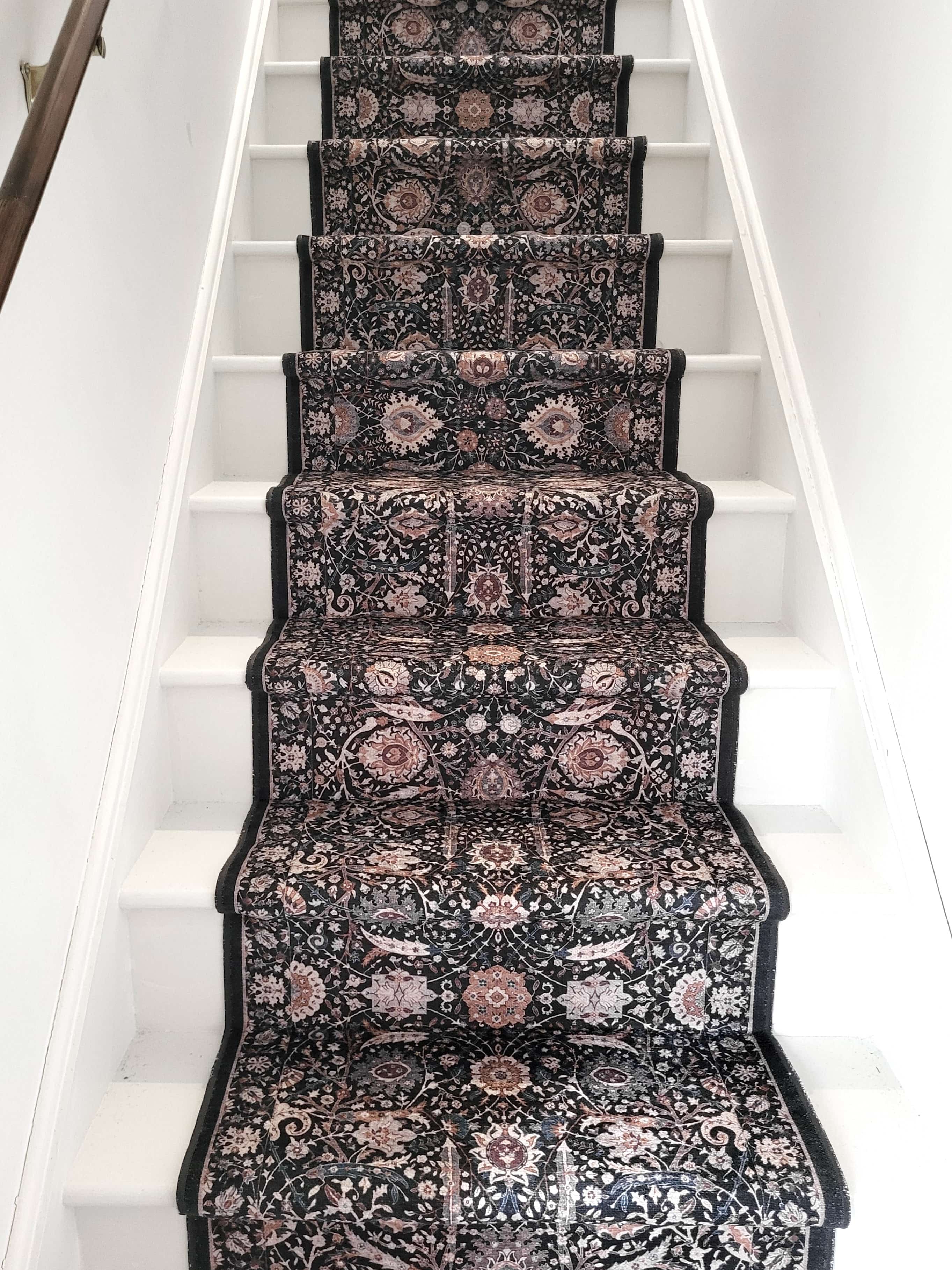Hop on the rug with us - and get to know how writer Emily Ladau lives life well.
When she was 10 years old, Emily Ladau appeared on a series of Sesame Street episodes to educate other kids about life with a physical disability. “There's a scene where I sing a song, and then, at the end, Elmo welcomes me to the neighborhood and gives me a little kiss on the cheek,” she says. “It's just so cute.” Aside from becoming a memory to treasure for years to come, the experience would also go on to inform the path Ladau’s life took, as a writer and disability rights activist.
“You don't realize what a privilege something is, until you are looking back on it,” she says. “Especially because I was only 10 years old. Now I realize that having so many people tell me that my perspective was valuable enough to be shared on a national platform is something that I cannot take for granted. Because it really empowered me, and gave me a sense that my story matters and my story can make a difference.” It was an indelible moment: it gave the young girl with the genetic physical disability, Larsen syndrome, the chance to really begin to develop her voice.
From Sesame Street to the school of life
Born on Long Island, New York, Ladau went to Adelphi University with the aim of becoming a high-school English teacher, studying the subject as her major. “I've always loved reading and writing and storytelling and sharing,” she says. But in college, she really started to come into her own – the seed that was sown at Sesame Street taking bloom in the experiences she was having there. “As a woman with a disability, I realized that this was something that I could be proud of. It was an identity. It was part of who I am.”
But she still grappled with a lot of insecurity. “As I was growing up, I didn’t see a lot of people who were, quote unquote, like me, and so when you don't see yourself reflected back at you all the time, it's hard to feel like you belong,” she says. It was at college she began thinking about how she could change that. “If you don't see the representation, then be the representation,” she recalls.
So Ladau started shifting her career goals from teaching in a classroom towards teaching of a different kind – through advocacy. “I didn't know exactly what that meant,” she says. “But I knew I loved to write and I started writing for the school paper about some disability issues. And then, when I graduated college, I did an internship program, and I was paired with a mentor who said, ‘Start writing, start putting it online, put your ideas out there,’ and I was like, ‘Okay, maybe my grandma will read it.’
Her grandma did read her writing. But so did others. And it made Ladau realize she could make connections with others just by sharing her story and inviting them to share theirs.
Demystifying disability
In 2018, she was selected for the American Association of People With Disabilities’ Paul G. Hearne Emerging Leader Award, and branched out into providing editorial services for a range of disability-related organizations and initiatives. Ladau was the founding editor in chief of the Rooted in Rights Blog, and took on hosting duties at The Accessible Stall Podcast, with one of her best friends, Kyle Khachadurian.

Emily and her mom, Ellen, who she says was her first teacher in showing how to be a strong disabled woman who advocates for herself.
After years of honing her message, she made a connection that would lead to a new way to reach people. Ladau guest-hosted a podcast called Call Your Girlfriend, created by Aminatou Sow and Ann Friedman. “They were passing the mic to people whose voices they wanted to amplify,” she says. “After the podcast, which I’d been on with a friend of mine who’s also disabled, I received a call from a literary agent, who reached out because she had read something that I’d written previously.” The agent posed a question to Ladau: Had she ever thought of writing a book?
And so she began to work on Demystifying Disability: What to Know, What to Say, and How to Be an Ally. “Writing a book is deeply personal,” she says, “but when it's something that is tied so deeply to your own identity, it becomes an incredibly big challenge.” Add to that the fact that there are at least 1.3 billion disabled people around the world, so Ladau knew she was speaking from only one of those viewpoints. “There are 1 million plus opinions and experiences and ideas, and so when I was writing a book about disability, I had to make it very clear that I'm not trying to speak for other people. I'm not trying to represent anybody outside of myself because I am disabled. Yes, I am, but I'm also a white woman, I identify as female, I identify as heterosexual. I don't experience the same marginalization as other people do.”
Through the book, along with sharing her story, she also provides some guidance, too. “A lot of people are afraid to talk about disability or to talk about really any identity that they don't experience because they're afraid of getting it wrong or because it's unfamiliar to them,” she says. “My hope is that I can create a way for people to, at least, lean into the conversation and feel a little bit more comfortable. It's just a starting point. It's a place to begin. It's an invitation to keep learning.”
And she’s learnt much along the way that she uses in her own life. “You don't owe anyone all of your story,” says Ladau. “I think that's really important to remember when we're advocating, that you don't need to mine your life for content all the time. Sometimes it's okay to keep an experience for yourself and to just be in the moment without thinking about how it's gonna turn into social media or an article or a book chapter.” It’s advice worth heeding, whether you’re in advocacy or not.
Header image of Emily Ladau by Carey Wagner





Share:
How Khadija Tudor heals with her hands and her heart.
How Dan Clay uses drag to make a corner of positivity on the internet.